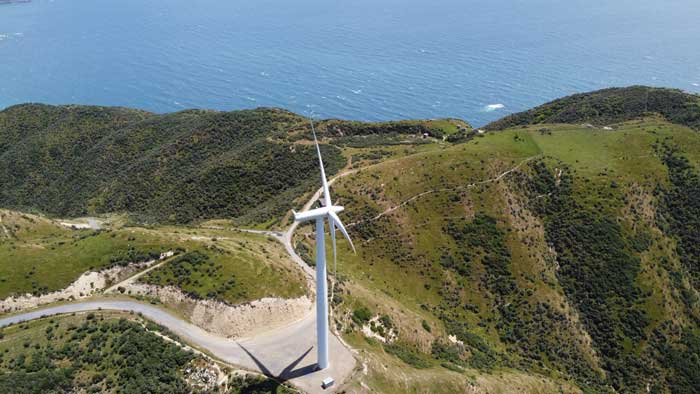Costa Rica, known for its rich biodiversity and commitment to environmental sustainability, is charting an inspiring path towards a generation of entirely renewable energy. With ambitious goals and proactive measures, the country aims to capitalize on its abundant natural resources to achieve a sustainable energy future, though it still faces some significant challenges.
Starting its journey towards renewable energy in the 1970s, Costa Rica has successfully harnessed its water resource to generate over 70% of its electricity through hydroelectric power. However, climate variability poses challenges for this energy source. In response, the country has been diversifying its energy matrix, turning to alternative renewable energy sources, such as wind, solar, and geothermal energy.
Wind energy has proven to be particularly effective in Costa Rica, taking advantage of its mountainous terrain and the constant trade winds to generate electricity. The country’s wind energy capacity has seen notable growth, with several large-scale wind farms in operation.
Solar and geothermal energy are also on the country’s radar, though their adoption has been slower due to high initial costs, lack of government incentives, and environmental concerns related to the exploitation of these resources.
However, the transportation sector remains a challenge for Costa Rica, with a significant reliance on fossil fuels. While the country has promoted the use of electric vehicles and public transportation, adoption has been slow. Modernizing the electrical grid to support the growing proportion of renewable energy is also a priority to ensure grid reliability.
Despite these challenges, Costa Rica sees opportunities for regional collaboration, potentially exporting its excess renewable energy to neighboring countries, helping to reduce their dependence on fossil fuels and promoting greater sustainability at the regional level.
Costa Rica is demonstrating that the path to 100% renewable energy, though challenging, is feasible and offers numerous benefits. With its ongoing commitment to renewable energy investments and regional collaboration, the country serves as a model for other nations looking to chart their path towards a more sustainable energy future.
